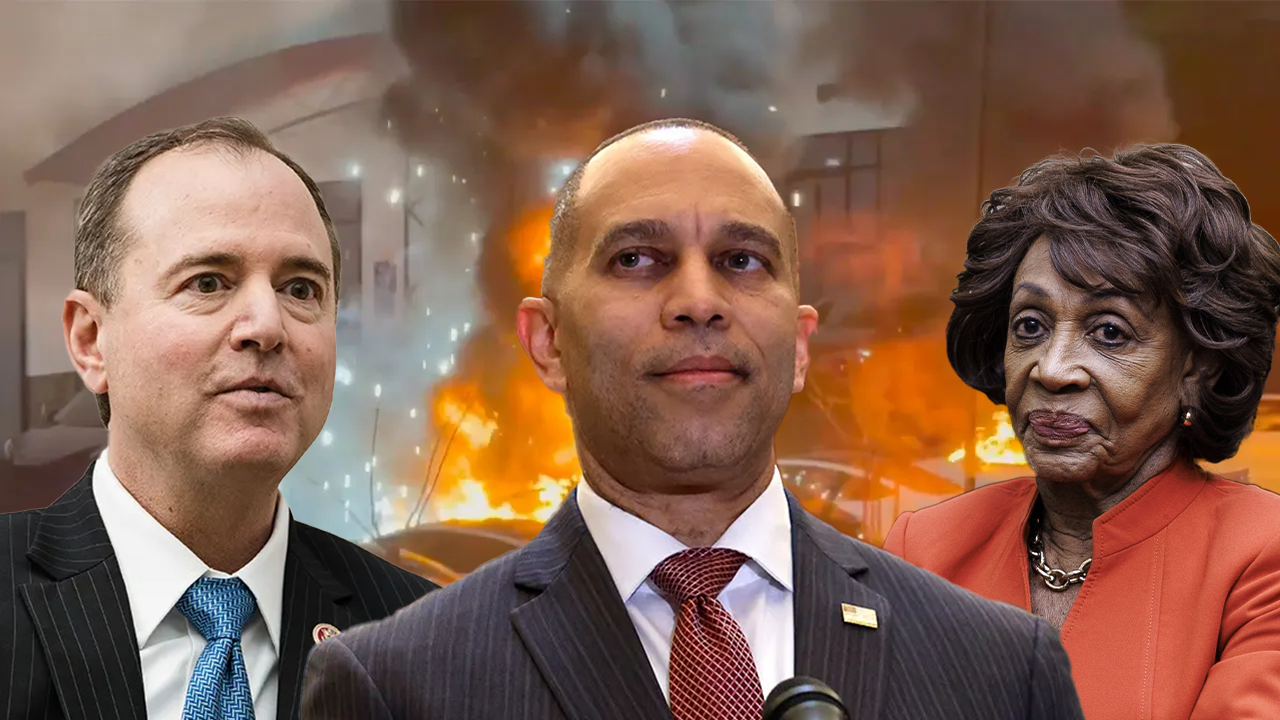Tesla Attack: Where's the Democratic Outrage? A Deep Dive into Selective Outrage and Political Discourse
The recent attack on a Tesla vehicle, resulting in significant damage and a potential safety hazard, has sparked a heated debate online. While the incident itself is concerning, the noticeably muted response from certain political factions raises questions about the nature of political outrage and its selective application. This article will delve into the specifics of the incident, explore the reasons behind the seemingly uneven reaction, and analyze the broader implications for political discourse in the digital age.
The Tesla Attack: A Summary of Events
On [Insert Date of Incident], a [Describe the type of attack - e.g., vandalism, arson] targeted a Tesla vehicle in [Location of Incident]. The incident resulted in [Describe the damage – e.g., extensive body damage, fire damage, compromised electrical systems]. [Include any official statements or police reports if available, linking to relevant sources]. The incident is currently under investigation, with [mention any leads or suspects if known].
The Lack of Widespread Democratic Condemnation: A Curious Silence
While the incident itself warrants condemnation regardless of political affiliation, the relatively low level of public outcry from certain segments of the political spectrum, notably some within the Democratic party, is noteworthy. This contrasts sharply with the often immediate and forceful reactions to other incidents perceived as politically charged.
Possible Explanations for the Discrepancy:
- Political Prioritization: Some argue that the focus on other, arguably more pressing, political issues (e.g., climate change, healthcare reform) may overshadow the immediate concern over a single incident.
- The Target's Political Affiliation: The owner of the Tesla vehicle's political affiliation, if known publicly, could inadvertently influence the level of outrage expressed by certain groups.
- The Perceived Lack of Political Motivation: If the investigation suggests the attack was not politically motivated, the incident might be viewed as less significant in the broader political landscape.
- Information Control and Narrative Shaping: The way the incident is presented and framed in the media can influence public perception and reaction. A lack of widespread coverage or a conflicting narrative could minimize outrage.
The Broader Context: Selective Outrage and Social Media
The disparity in reaction highlights the complex nature of political outrage in the digital age. Social media algorithms, echo chambers, and the 24-hour news cycle can all contribute to selective outrage, where certain issues receive disproportionate attention while others are ignored.
The Impact on Public Discourse:
- Erosion of Trust: Selective outrage can erode public trust in institutions and political leaders, as inconsistencies in responses to similar events fuel cynicism.
- Polarization: Disagreements on which issues warrant outrage can further exacerbate political polarization.
- Distorted Priorities: A focus on emotionally charged incidents rather than addressing systematic problems can impede progress on crucial issues.
Moving Forward: Fostering a More Balanced Approach
The Tesla attack serves as a case study in understanding the dynamics of political discourse. Moving forward, it's crucial to:
- Prioritize factual accuracy: Relying on credible sources and avoiding the spread of misinformation is vital.
- Promote critical thinking: Encouraging critical analysis of events and avoiding impulsive emotional reactions.
- Foster constructive dialogue: Promoting open and respectful dialogue across the political spectrum to find common ground and address societal issues.
This incident, while seemingly isolated, offers a valuable opportunity for reflection on the complexities of political engagement in the digital era. A more balanced approach to addressing societal issues is essential for maintaining trust and fostering constructive political discourse. Let's move beyond selective outrage and work towards a more informed and engaged citizenry.
Keywords: Tesla attack, political outrage, Democratic party, selective outrage, social media, political discourse, polarization, misinformation, critical thinking, constructive dialogue.
